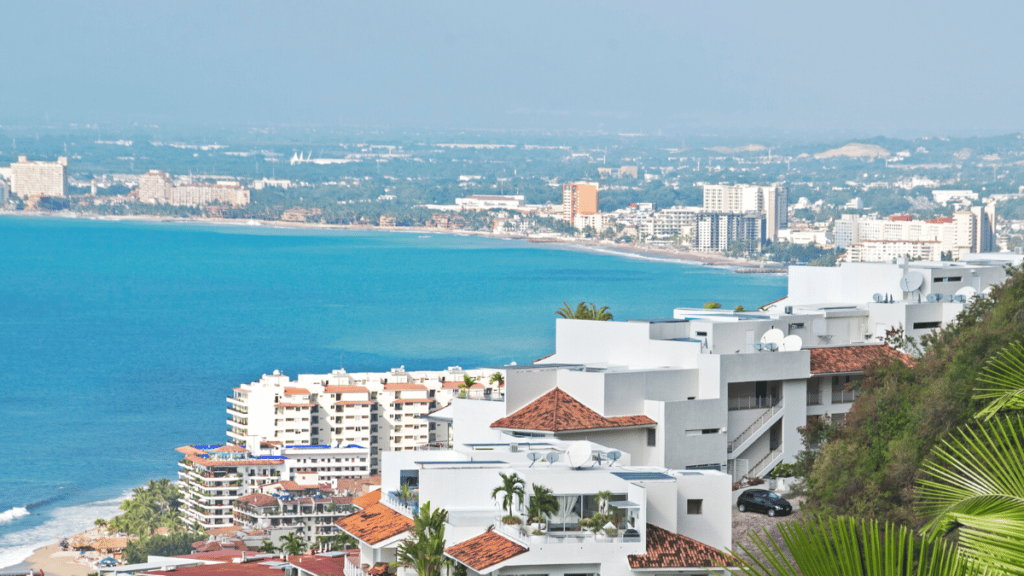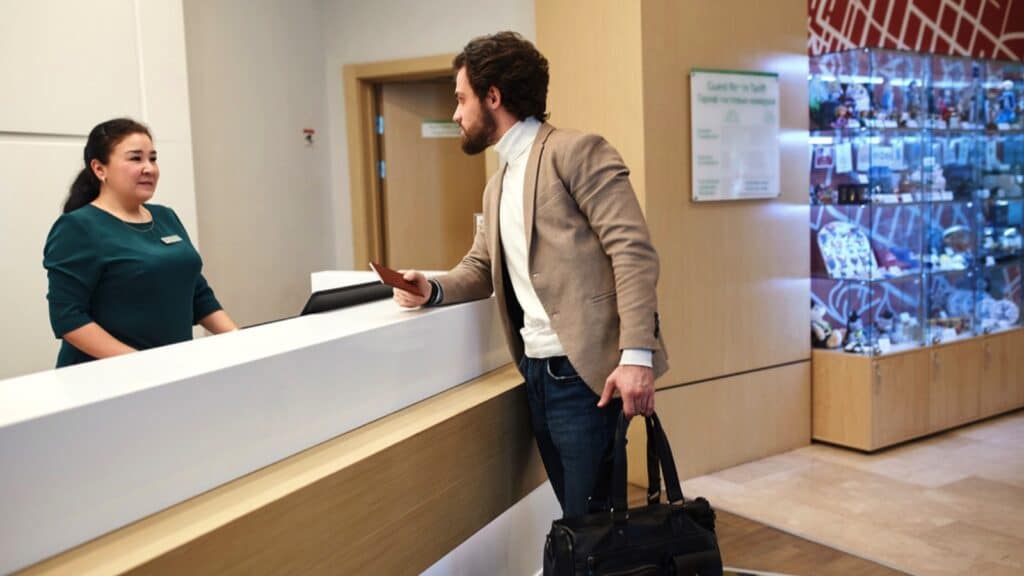Checking out of a hotel used to be simple…you paid your nightly rate, added taxes, and that was it. Today, travelers are finding all kinds of new add-ons tucked into their bills. Some of these fees are small, but they add up fast, leaving many guests frustrated. Here are eight fees people are seeing appear more often this year.
Resort Fees for Non-Resorts

Hotels are increasingly adding “resort” fees, even when there’s no resort-style amenity. These charges, often $25–$50 per night, cover things like Wi-Fi or gym use that used to be included. A recent American Hotel & Lodging Association report notes these fees have expanded well beyond luxury destinations.
💸 Take Back Control of Your Finances in 2025 💸
Get Instant Access to our free mini course
5 DAYS TO A BETTER BUDGET
Early Check-In or Late Check-Out Fees

Flexibility now comes with a price. Hotels are charging extra for guests who want to arrive before standard check-in or stay past checkout. While convenient, these fees often rival the cost of an additional night, making it harder to budget for short stays.
Housekeeping Service Fees

Daily housekeeping used to be standard. Now, some hotels treat it as an add-on, charging a fee if you want your room cleaned more than once during your stay. This shift grew during the pandemic and has stuck around to boost profits.
Luggage Storage Fees

Many travelers rely on hotels to store bags before check-in or after checkout. Increasingly, this simple courtesy now comes with a per-bag charge. For families or long-term travelers, the added cost can be significant.
Amenity Access Fees

Some hotels are breaking down services that were once free. Pool access, fitness centers, or even business centers are now being packaged into “amenity fees.” Guests end up paying separately for what was once considered part of the stay.
Parking Lot Charges in Suburban Areas

City hotels have long charged for parking, but suburban and even rural hotels are adding these fees too. This can surprise travelers driving to destinations where parking was once assumed to be free.
Energy Surcharges

A few hotels have started adding “energy” or “sustainability” surcharges, citing rising utility costs. Consumer watchdog groups warn these can be vague and hard to justify, leaving guests unsure exactly what they’re paying for.
Digital Service Fees

Booking a room online used to be quite simple, but now some hotels tack on digital service or “convenience” fees. These are framed as covering tech investments, though they often just inflate the final bill.
Beware of Junk Fees

Travel experts warn that hotel fees, often hidden until the last step of booking, now account for billions in extra revenue each year. The Federal Trade Commission has even flagged “junk fees” as a growing issue across industries. For travelers, it means reading the fine print is more important than ever before.
12 Lifestyle Shifts That Can Save You Thousands Annually

Saving money might feel hard, but small changes add up quickly. Adjusting daily habits can lower costs without giving up what you enjoy. It’s not about going without—it’s about making simple, smart choices that lead to real savings. 12 Lifestyle Shifts That Can Save You Thousands Annually



